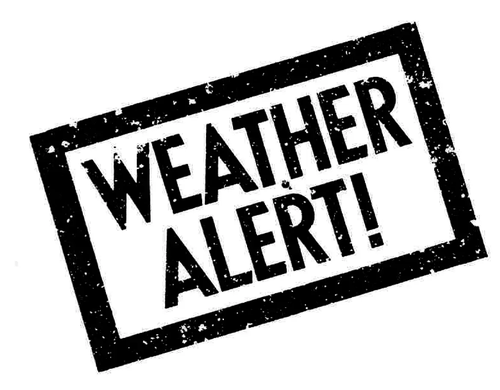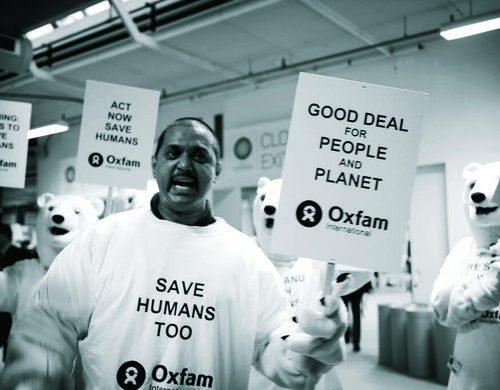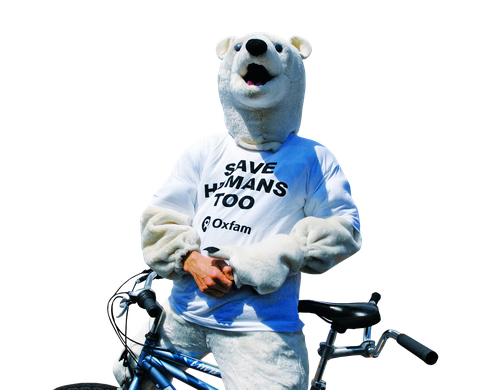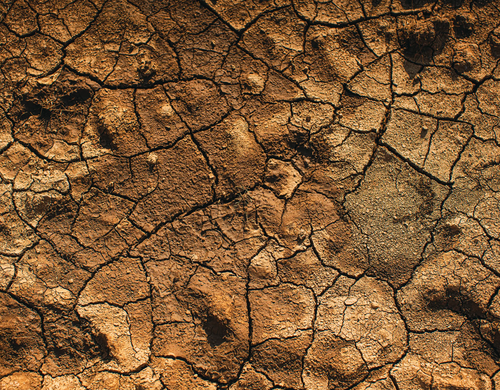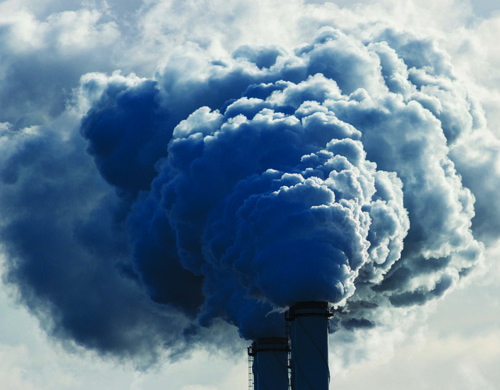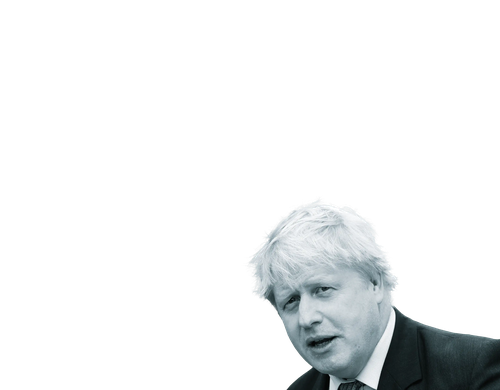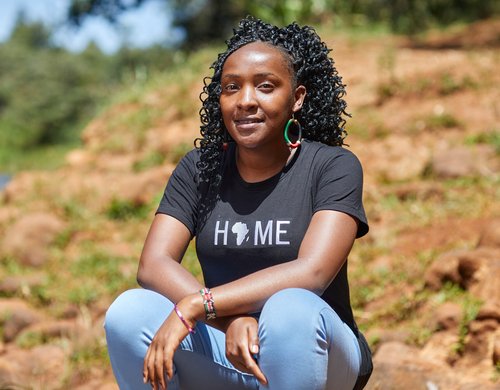Digital collage featuring climate activists Jessy and Isaac created for Oxfam by Nigerian visual artist Alexis Chivir-Ter Tsegba.
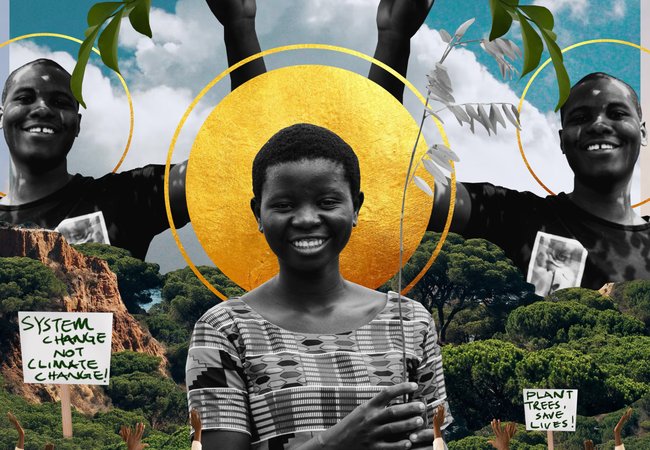
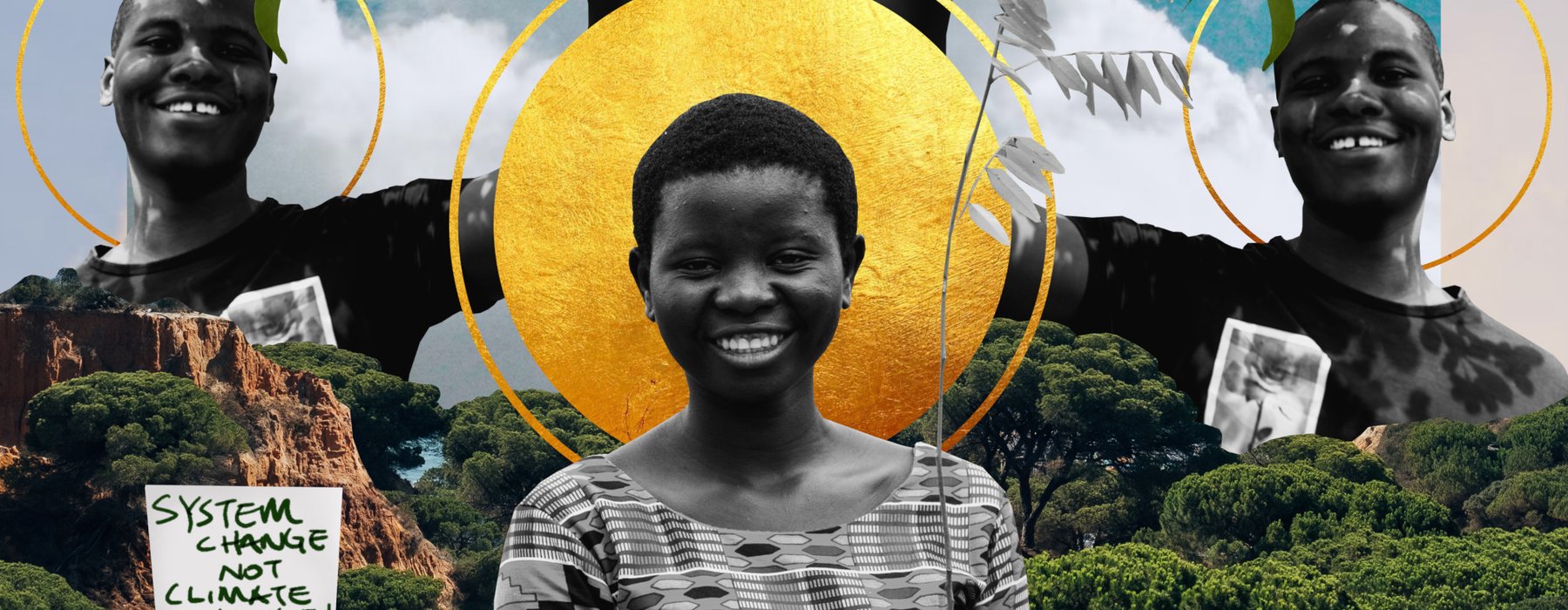
Communities calling for system change not climate change
-

Community led response to climate change
“We expect that things will be good for us in future. It will be better. “ Tikeshwori Malla is part of a women’s groups that helps smallholder farmers deal with the impacts of climate change in Doti district, Nepal.
-

Communities are adapting to climate change, today and tomorrow
"I personally believe it is a win for the community." Ali Shire Omar is growing food in Somalia with support from Oxfam.
-

Together we are holding the most powerful to account over climate change
"The change we need in our world begins with you and me, I feel like if I contribute the little I can, someone else will take the step and continue." Nimotallahi Lawal, a volunteer at the caravan climate change walk in Nigeria.
The front page Image: Max van Woerkom/ Oxfam
Ever wondered how inequality and the climate crisis cross over with each other?
2023: The richest 1% emit as much planet-heating pollution as two-thirds of humanity.
2024: Billionaires emit more carbon pollution in under 3 hours than the average Brit does in a lifetime.
2025: The UK's super-rich are polluting 56 times more than those on the lowest incomes.
What are the effects of climate change?
A view from above of flooding in Balochistan in Pakistan. Image: Arif Shah/Oxfam
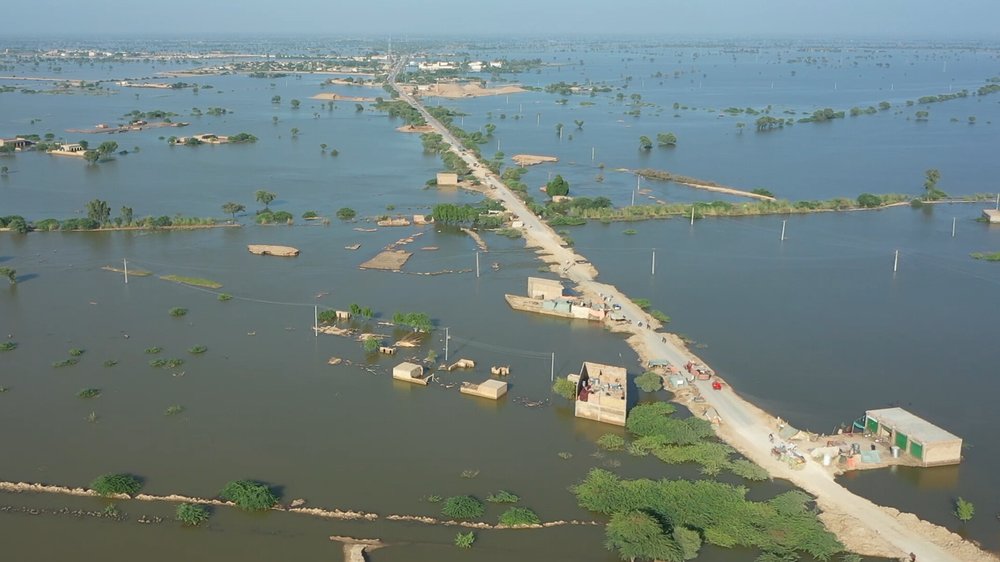
How can we respond to climate change together?
Seeds at a seedbank in Zimbabwe. Image: Shepherd Tozvireva/ Oxfam Novib
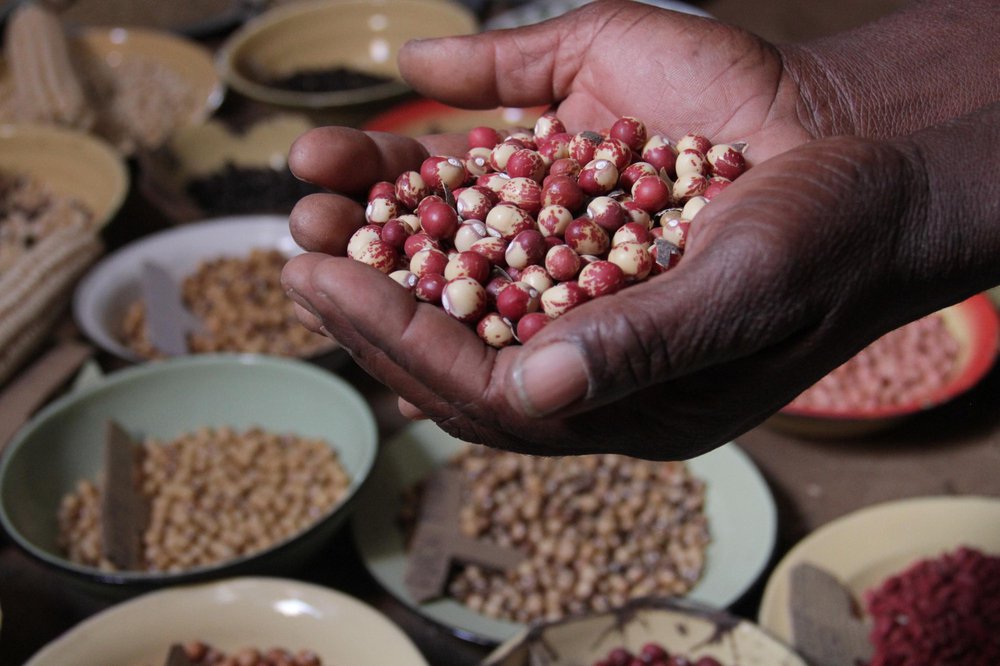
How do we call for climate action together?
Image: based on photos by Emmanuel Museruka/Oxfam, Fadrach Nirere/Fridays For Future Uganda, AlessandroBiasciolo/Shutterstock, Leslie Searles/Oxfam, Rob Rickman/Oxfam

Image: Rob Rickman/Oxfam
With the Make the Polluter Pay campaign – I hope to be able to hold rich, industrialised countries and companies accountable... to see funds flow to frontline communities so they can reshape their present and future.”
Lagi Seru, a climate activist based in Fiji and co-founder of the Alliance for Future Generations.
The right to a fairer, liveable future
Irrigation for the future
In Zimbabwe, the changing climate means farmers' crops are threatened by floods and droughts.
In Nyanyadzi, Oxfam and its partners have helped the farmers build gabions, which act as silt traps, to restore the irrigation system and protect their harvest.
How your donations have helped support people impacted by climate change
Khadija Farah/Oxfam
The drought has ravaged the lives of many people... we have lost almost all our livestock that was the backbone of each and every community living here.”
Sowda, near Wajir, Kenya
A Changing Climate
Kenya, Ethiopia, Somalia and South Sudan produce 0.1% of global emissions.
The richest 10 percent of the world's population accounted for over half of the emissions added to the atmosphere between 1990 and 2015.
The money needed to help people affected by extreme weather-related emergencies like floods or drought is eight times higher than 20 years ago.
Climate change statistics sources
Climate Justice charity gifts
Extreme weather destroys homes and lives, often hitting hardest those least responsible for the climate crisis. Oxfam's Climate Justice work helps communities handle sudden impacts of climate change, push for fairness, and create a clean, renewable energy system for future generations.
“Over-relying on planting trees and as-yet-unproven technology instead of genuinely shifting away from fossil fuel-dependent economies is a dangerous folly. We are already seeing the devastating consequences of climate delay.”
Nafkote Dabi, Climate Change Lead, Oxfam International
